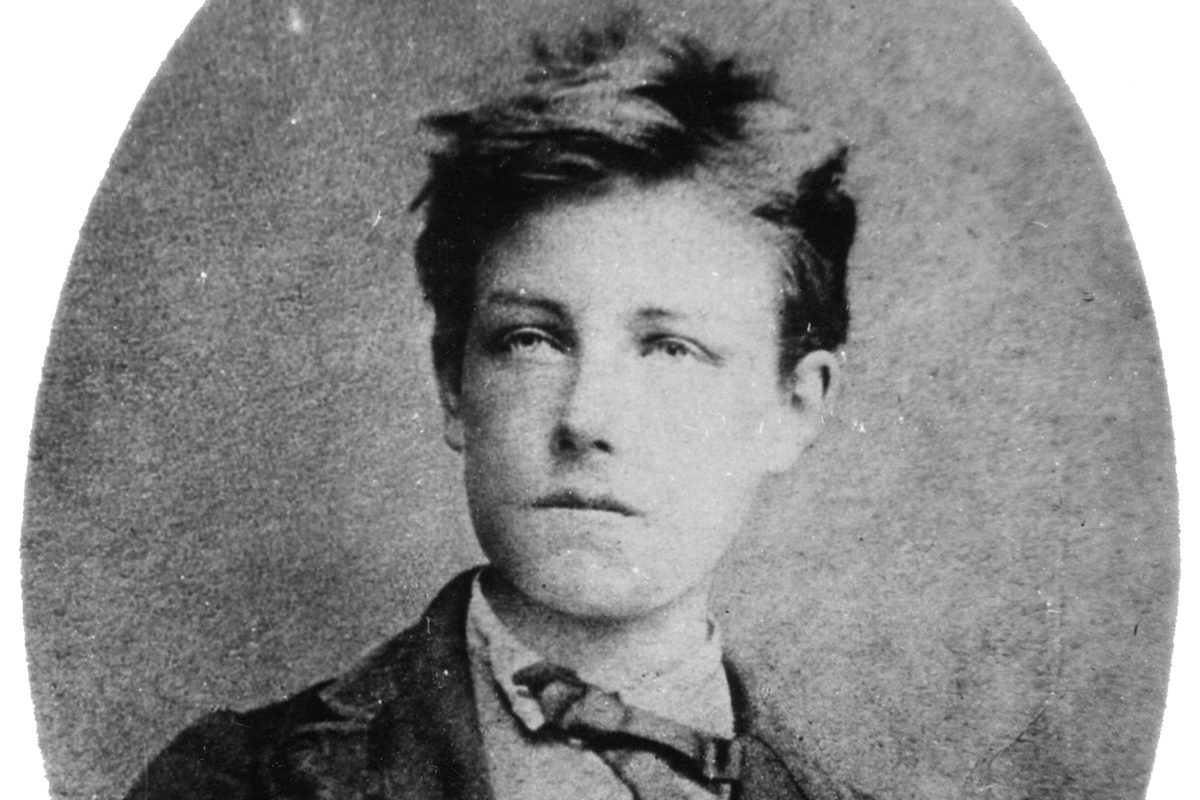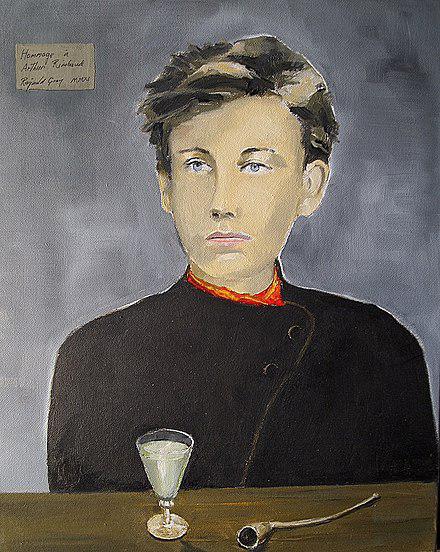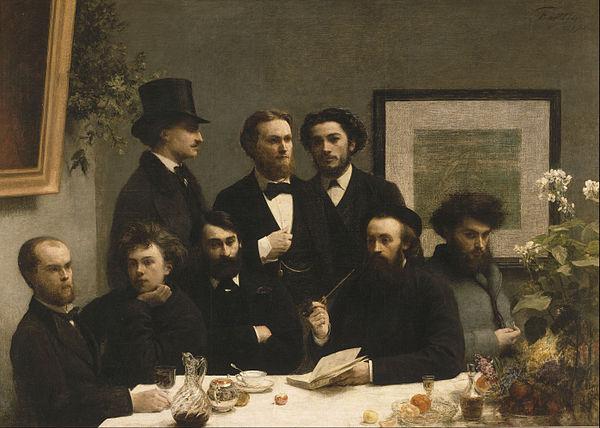
French poet Arthur Rimbaud was a prolific artist by the time he was a teenager. Equal parts bohemian, provocative, idealistic and avant-garde, his works inspired the songs of Dylan and helped launch an entirely new art form that we still use today.
From the very beginning, Arthur Rimbaud saw his chosen vocation as more of a spiritual calling. In his two letters titled “Lettres du voyant,” a 16-year-old Rimbaud likened poets to “seers,” and strived to become a seer himself by losing his own individual consciousness and being taken over by “the unknown.” The unknown, in this case, being the music of the universe, the greater life force or divinity itself.
To reach this unknown, according to Rimbaud, would be the greatest achievement, “because he has cultivated his own soul—which was rich to begin with—more than any other man! … even if he ends up losing the understanding of his visions, at least he has seen them!”

Arthur Rimbaud helped create symbolist poetry.
upload.wikimedia.org
To accomplish this task, he developed a creative process known as “disordering of all the senses,” by exposing himself to fasting, pain, alcohol, drugs—any mind-altering substance or activity, basically. Which probably sounds like a typical artist. But you know, Rimbaud did it before it was cool.
Unconventional methods or not, they did open his mind up to creative innovation. In trying to encapsulate his dreamy visions in words, Rimbaud helped create an entirely new form of poetry that rejected the doctrines of realism and naturalism in what is now known as symbolism. In escaping the clutches of strict language patterns, Rimbaud allowed for a more formless poem structure, letting the images and their associations determine the poem’s shape. Thus began the prose poem.
It’s no wonder Dylan, a venerable creator of “vision music,” has often cited Rimbaud as a favorite poet. “When I read those words the bells went off. It made perfect sense. I wished someone would have mentioned that to me earlier,” he wrote in “Chronicles vol 1.”
You can definitely see Rimbaud’s influence in the lyrics of “Like a Rolling Stone,” for instance. Though it’s a fun rock anthem, the structure and word choices carry so much more meaning.
Bob Dylan – Like a Rolling Stone (Official Audio)
www.youtube.com
At 17, Rimbaud wrote one of his now most famous works, “The Drunken Boat,” which spins the story of a tipsy boat freed from constraint and succumbing to elemental forces … ostensibly bringing it all back to themes of traveling into the unknown. His work garnered the attention of well-regarded poet Paul Verlaine, and thus began a passionate and tumultuous love affair as rocky as the seas in Rimbaud’s poem.
Patron-turned-lover Verlaine invited young Rimbaud to his home, which sparked a wild, drug induced, on-again-off-again romantic relationship between the two. The affair was so tumultuous and chaotic that Verlaine shot at Rimbaud in a drunken rage. Now that’s quite a lovers’ quarrel.

Henri Fantin-Latour’s “By the Table” depicted Paul Verlaine and Arthur Rimbaud and others.
upload.wikimedia.org
Their bitter, final farewell gave way to a deeply existential crisis for Rimbaud, leaving him disillusioned on all his ideals, both personally and creatively, which he reflected in his work “Une saison en enfer,” aka “A Season in Hell.” In it, Rimbaud shares the hells of his chaotic attraction for Verlaine, as well as “the failure of his own overambitious aesthetic,” according to Britannica. The book ends with a piece with the simple title “Adieu,” which many conceive to be a goodbye to poetry itself, at least in the distinctive voice Rimbaud carved out for himself.
After that, silence. At least for his poetry. Rimbaud cast aside the philosophical unknown and instead opted for physical adventure, traveling to the Alps, visiting Egypt and eventually traveling back and forth to Africa under the employment of a coffee trader. Which to me feels like an old-timey way of giving up your beloved blog and going to work for Starbucks. Sad.
Rimbaud returned home to Paris only one last time before dying at the age of 37, from what at first appeared to be arthritis, then later was diagnosed as bone cancer. And just like that, the prodigious and prolific writer’s life was cut short. But not without making a lasting impact on poetry.
In a poem titled “Alchemy of the Word,” Rimbaud lamented his failures, writing “I flattered myself with the belief that I had invented a poetic language that, one day or another, would be understood by everyone.” Like many true visionaries, Rimbaud never got to see that his dreams did in fact come to life.
